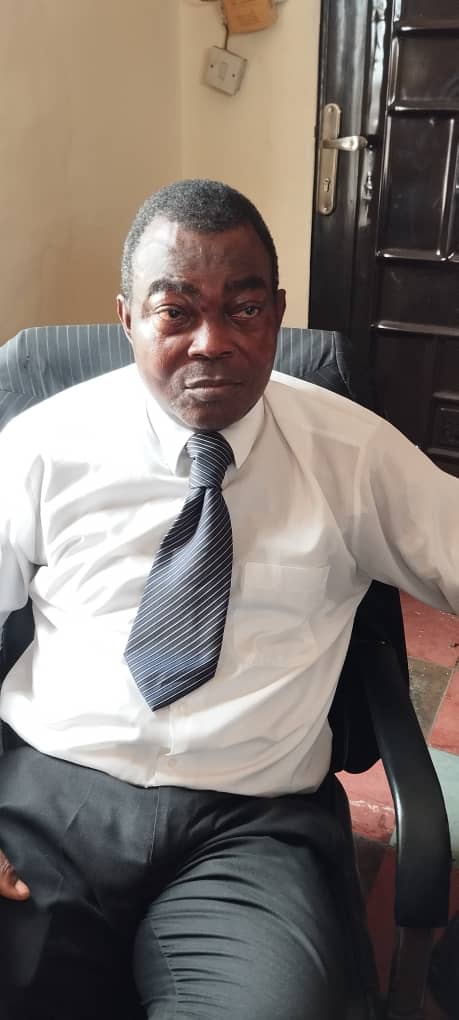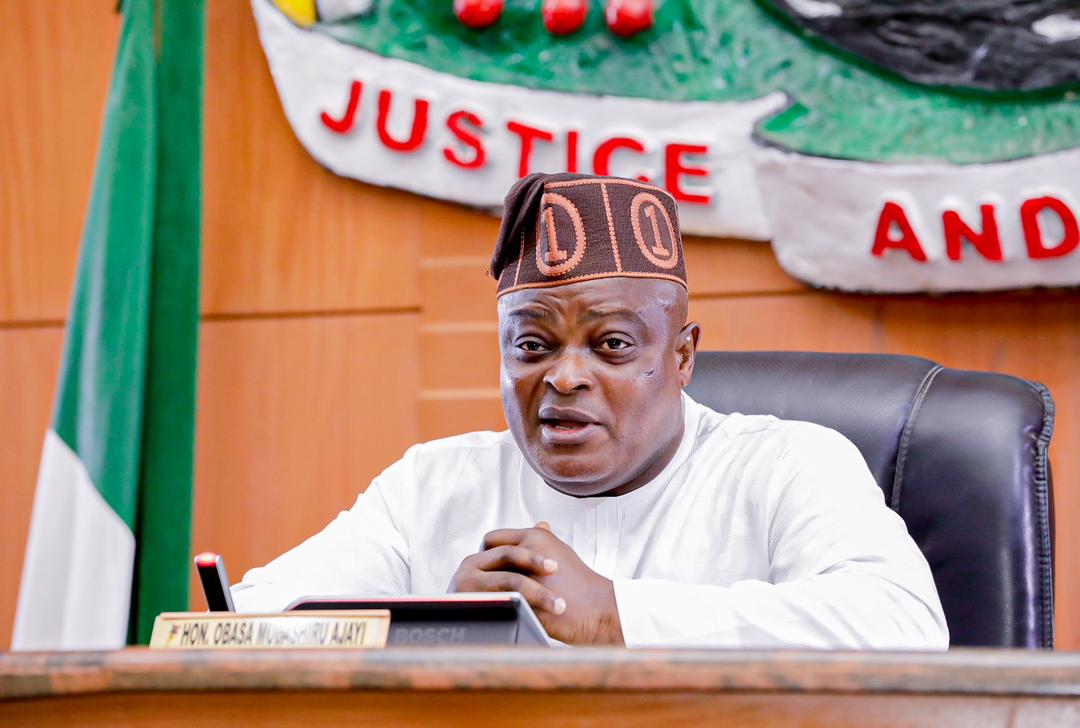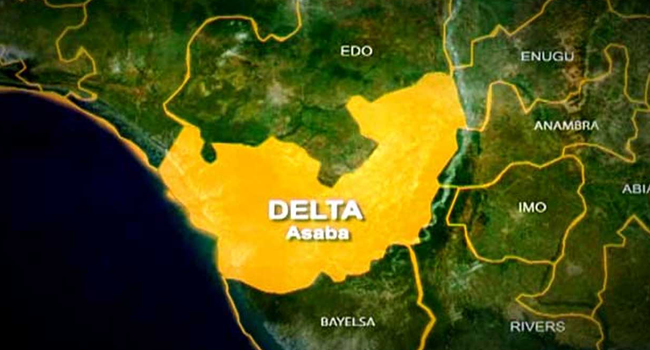Edo 2024: APC Have Being Vindicated – Peter Uwadiae
By Elvis Omoregie
Ahead of the much talked about Edo 2024 Governorship Election billed to hold September 21th 2024, there have been series of political activities in Edo State including the recent declaration by the deputy governor of the Comrade Philip Shaibu, “against all odds”, to contest the forthcoming election.

As the announcement by the deputy governor continue to elicit reactions couple with his recent interview with journalists in Abuja, where he said: “With the 2024 Edo governorship election fast approaching, the State can not afford to experiment again with someone who does not understand the politics of the State or the needs of the people.
“Edo people need practical governance and you cannot experiment again with somebody that do not understand the politics of a good State and the needs of the people.
“You cannot know the need of the people when you don’t live with them. So for me, competence and experience should be the watchword as we go into election in 2024.
“Who is competent? Who is more experienced? Who will hit the ground running from day one?
“Are we going to experiment with a new person again? And the person will spend the first four years learning on the job and he will spend another four years trying to embezzle, set up his businesses in the name of consolidating on the gains of the first term?”
In a swift response, the leading opposition Party in Edo state, the All Progressives Congress (APC) through its Media Publicity Secretary, Peter Enosoregbe Uwadiae Igbinigie Esq told journalists last week in Benin that the deputy Governor’s comments were only affirmation of the position of the Party about the poor performance of the Obaseki’s led Peoples Democratic Party (PDP) administration in Edo in the last 7years.
Here we bring you the full response, and comments on other issues!
We; the APC have been vindicated by the comments of the deputy Governor, Philip Shaibu particularly as it relates to the capacity of the Governor, himself.
From the horses mouth; the deputy Governor has said Edo State cannot afford to experiment again for another eight years.
The import of that statement is that Edo State has been experimenting in the past seven and half years and if someone or any Government is experimenting, it therefore means the best cannot come from an experimentation!
It means that the Governor is still learning or there are lot of things he is learning to do or he ought to do and he did not do.
And governance should not be a learning ground and the APC have consistently maintained that the Governor has fallen short of the capacity which is required to manage a State as complex as Edo.
Looking back, what has the Governor been able to bring to the table? All we have seen in the past seven years; is nothing but obvious distortion of the smooth sail of governance from that glorious era of Senator Adams Oshiomhole, to what Edo people desired but which he couldn’t provide.
When Oshiomhole was Governor in Edo, there were whole lot of things he did; in terms of massive infrastructural development, human capital development, social welfare amongst many others.
He gave Edo State a face lift and made us understand the true meaning of dividends of democracy thus laying the foundation of good governance.
Unfortunately after his departure, all these beautiful legacies were pulled down instead of them being improved upon by the Governor.
The Edo library, and Central hospital were demolished, Edo liaison offices in Port Harcourt, Lagos and Abuja were sold out.
Now, private sector driven projects are taking over; all serving as conduit pipe to drain the collective scarce resources of the people.
Can the Governor tell us the State’s equity shares in these investments? We don’t have!
Now, what has happened to the red roof revolution of the Adams Oshiomhole’s era in the education sector?
I watched on television few weeks ago where school children were still lying on the ground to write, no furniture; a true reflection of the state of affairs in our schools against Obaseki’s propaganda of Edobest.
The APC is glad that Edo people have begun to hear the true report of the performance of the Obaseki’s administration from the man who is number two in ranking.
If the next in command can speak in that manner, it shows that Edo State has lost it!
If my deputy say I am experimenting, it shows that he even knows it more than myself.
Now, how has Governor Obaseki impacted on the market women? When he came on board, he promised to eliminate all forms of ticketing and touts but today the situation is worst.
The funny thing is that suppose the money collected is being used for the development of the State, it would have been a different thing.
But these monies are collected and goes into private pockets.
You drain these people, you double tax them, and the resources is not used to better their lives.
Well, we have gotten to that level wherein Edo people have to take the APC seriously.
It is absurd that a Government will be experimenting with the lives of its people and in the PDP today, the news is rife that the Governor also wants to bring a successor who will continue with the experimentation. That is why we hear the deputy Governor shouting and saying that experimentation should not be allowed again.
In any event, APC has become the beautiful bride in Edo; the Party to beat!
We have demonstrated it and we want to sustain that momentum. At the senatorial level first time in the history of politics in Edo, PDP could not even get a senator to represent them at the national Assembly.
Also, at the House of Representatives, out of the total nine available slots; the APC has six, Labour Party has two and PDP only one.
Be that as it may; it is a reflection of the acceptability of the APC in Edo State and beyond that in the State House of Assembly election, the APC has nine out of the 24 seats.
It is a good showing for a political Party that is in the opposition.
And what is again most worrisome, the PDP State secretary has often times condemned the attitude, and methodology of governance of the Obaseki’s administration.
He said the Governor has not done well, and he wants to also impose a candidate on them; an attempt the Party would resist!
Also, Leaders of the PDP are crying that this is the first time since 1999 they have gotten the worst Governor in Obaseki.
Hence they would not want a repeat of this anymore.
The discerning conclusion from that scenario is that if the Governor is allowed to perpetrate his experimentation on Edo people by bringing in someone to take over governance from him, we are going to be in another eight years of doldrum, we are going to be in imprisonment.
So, we have an alternative that will positively change the negative narrative in Edo and that is the APC because experimentation should stop in the State.
Going into 2024, Edo people expect a better approach to governance and Government.
In that respect, the APC will present its best to drive its programs and we can assure that our Party will conduct its primary in the most transparent manner, that will usher in a candidate who will be generally accepted, a man who will represent the common interest of Edo people.

 Business6 months ago
Business6 months ago
 Business5 months ago
Business5 months ago
 society7 months ago
society7 months ago
 celebrity radar - gossips7 months ago
celebrity radar - gossips7 months ago













